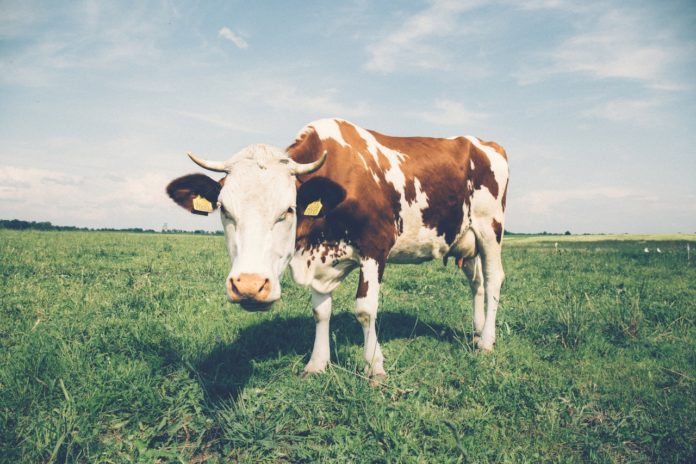Research suggests that bovine colostrum may strengthen your immune system, fight infections that cause diarrhea, and promote gut health. Bovine colostrum may strengthen your immune system and help your body fight disease-causing agents. The immune-boosting effects of colostrum are mostly due to its high concentration of the antibody’s Immunoglobulin A and Immunoglobulin G. Antibodies are proteins that fight viruses and bacteria.
Immunoglobulin A is an antibody that plays a crucial role in the immune function of mucous membranes. The amount of IgA produced in association with mucosal membranes is greater than all other types of antibody combined. In absolute terms, between three and five grams are secreted into the intestinal lumen each day.

Colostrum supplements may be particularly effective in boosting immunity in elite athletes. One 12-week study in 35 adult distance runners found that taking a daily bovine colostrum supplement increased the amount of saliva Immunoglobulin A antibodies by 79%, compared to baseline levels.
Research suggested that higher saliva levels of Immunoglobulin A may strengthen immunity and enhance the body’s ability to fight upper respiratory tract infections.
Immunoglobulin G is a type of antibody. Representing approximately 75% of serum antibodies in humans, IgG is the most common type of antibody found in blood circulation. IgG molecules are created and released by plasma B cells. Each IgG has two antigen binding sites
Colostrum May Benefit Gut Health
Bovine colostrum may strengthen your gut and fight infections in the digestive tract.
Both animal and human studies show that bovine colostrum may stimulate the growth of intestinal cells, strengthen the gut wall, and prevent intestinal permeability, a condition that causes particles from your gut to leak to the rest of your body.

Potential Downsides
Based on limited human research, bovine colostrum generally appears safe for most people — though it may have some downsides.
For one, bovine colostrum supplements and powders are expensive, ranging from $50 to $100 per 16 ounces (450 grams). A typical dosage is half a teaspoon (1.5 grams) per day.
People who are allergic to milk should not consume bovine colostrum. Products may also be made with additives that can include other common allergens like soy.
Depending on how the cows are raised, bovine colostrum may also contain antibiotics, pesticides, or synthetic hormones. However, you can purchase colostrum supplements that have been tested to ensure that the final product does not have these compounds.
Also, it’s unknown whether these supplements are safe for pregnant or breastfeeding women.
In addition, some people may be concerned about the ethics of how bovine colostrum is sourced and whether it’s taken from calves that need it.
Always purchase colostrum supplements from a reputable source and contact the manufacturer for answers to specific questions related to sourcing and processing.
©Copyright – Hector Sectzer

















